Philosoraptor [he/him, comrade/them]
- 86 Posts
- 1.87K Comments

 ·13 hours ago
·13 hours agoOnly if the explosive has enough force to actually rupture the container. Putting gunpowder in a pipe works because the pipe lets the energy build up and then release in a single catastrophic burst. If the container is too strong for your explosion to break, you just contained the explosion. I have no idea if whatever he used would have actually caused much more damage in a regular car, though; my understanding was that it was mostly fireworks, which just don't have that much force (because they're not destructive devices).

 ·13 hours ago
·13 hours agoNo wonder it didn't work very well.
It's really fun. My wife and I went last summer and had a blast. Highly recommend it.

 ·21 hours ago
·21 hours agoEven profitability isn't the goal--that's been abstracted away. The real money is in being able to convince people that you might someday be really profitable. That profitability never actually has to come as long as you can keep the confidence up. It's a grift in the most literal sense.

 ·22 hours ago
·22 hours agoThink communism is cool? Well have you considered that I imagined a situation in which it isn't cool? Checkmate commies.

Meow Wolf's Omega Mart installation is a very fun way to spend an afternoon. If you're willing to make the trek, Red Rock Canyon is beautiful, and won't be roasting this time of year.
I wouldn't recommend starting with Kant, and I definitely wouldn't recommend starting with Hegel. Not only are both of them notoriously hard to read, but you'll also be missing a ton of context that is pretty much necessary in order to understand what they're doing. When I teach into to philosophy, I always organize it around problems/questions instead of chronologically, and that's how I'd recommend doing self-study as well. Pick something that you're interested in (it sounds like "what makes an action good?" is one option), and pick up some contemporary surveys of the question. Get a feel for the terrain and the way philosophers approach the questions you're interested in. Pick up some vocabulary, and get a sense of what the primary positions that people stake out look like.
Once you've done that, chasing down the history of particular lines of argument will be easier, and you'll have the kind of background necessary to contextualize and critically engage with classic authors. The SEP is a decent place to start, but I'd also recommend looking at some syllabi for "introduction to philosophy" courses and seeing what grabs you from their reading lists. When you do engage with historical authors, be strategic in what you read: unless you're a Kant scholar, you don't need to (and likely shouldn't) read all the Critiques cover-to-cover, for instance. You can pick and choose sections, or read something like the Prolegomena or Groundwork instead. Same goes for Plato: find out which dialogues are pivotal for the things you care about, and focus your attention there rather than reading The Republic straight through. That's where having a good syllabus comes in handy.

 ·1 day ago
·1 day agoThat's why those kids on the left are using a phone booth instead of a computer. Smart.

 ·2 days ago
·2 days agoYou're right, btw. Judaic religions are hands down the most dangerous.



 ·2 days ago
·2 days agoYeah, I think this is right to some extent. For the vast majority of people, you're not reading Aristotle for the content (at least not in the sense that's well-captured by a summary). That is, we don't generally read Aristotle because he was right about a bunch of things. The value is in following the chain of reasoning and seeing how it gave rise to many, many of the questions we're still grappling with today. Reading a summary is basically useless, because if you've grown up anywhere in
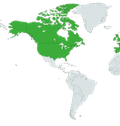
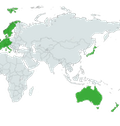 , you've already absorbed Aristotle at that level. It's part of the structure of Angloid thought at a deep level.
, you've already absorbed Aristotle at that level. It's part of the structure of Angloid thought at a deep level.
 ·3 days ago
·3 days agoIt's been two years now how is this still a thing
If you're in
 it's because the DEA still refuses to increase their production quota.
it's because the DEA still refuses to increase their production quota.

 ·3 days ago
·3 days agoOh they'll absolutely be revolutionary for the things they're good at. My point is just that most people--including virtually all oligarchs--don't have any idea how QM works, much less quantum computing. Just like with generative AI, the fact that the underlying technology is so poorly understood by most people creates a huge space for grifting.
America’s defense industrial base, which has helped to deter war and maintain peace for decades is being left behind. The arsenal we need is an order of magnitude more than we can build at present. We need a different approach to generating military power. The good news is this is now possible. See how Anduril is disrupting defense production, and how you can get involved.
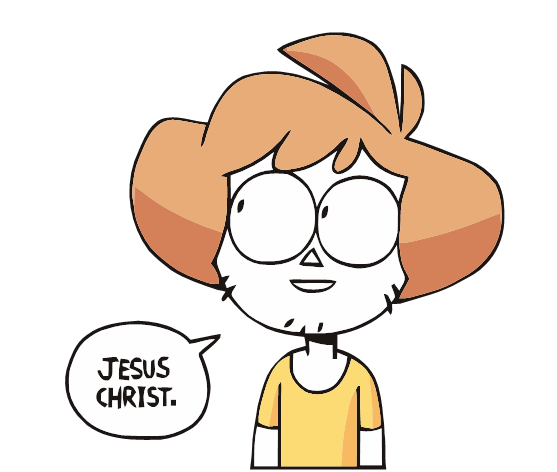
Although
disrupting defense production, and how you can get involved.
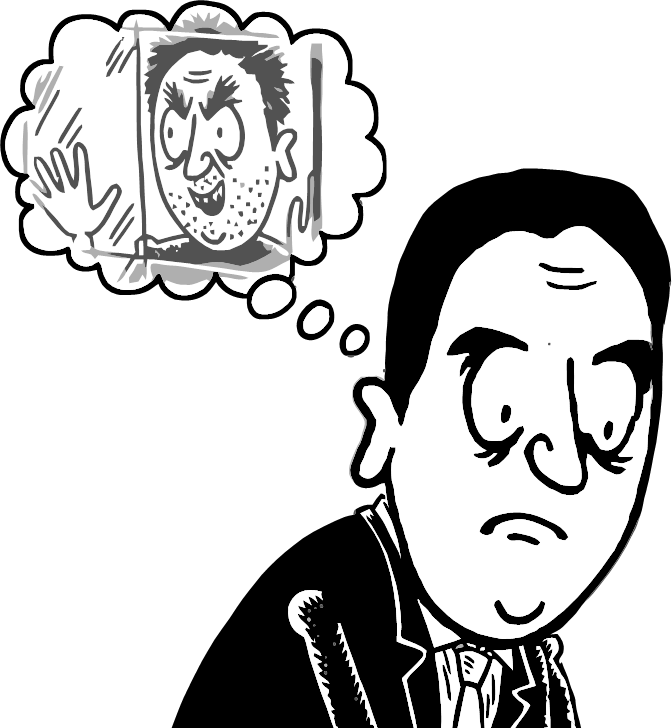

Also a new "home security" start-up called Sauron!

 ·3 days ago
·3 days agoThere's also a popular misconception that quantum computing represents a straight improvement over classical computing for all problems. That's just not so; it's really only useful for very specific kinds of computation. I would expect to see a lot of grifts trying to sell people on quantum algorithms to do things that classical algorithms already do perfectly well.
There's an explicitly non-binary companion and people are very accepting of their identity in-world.





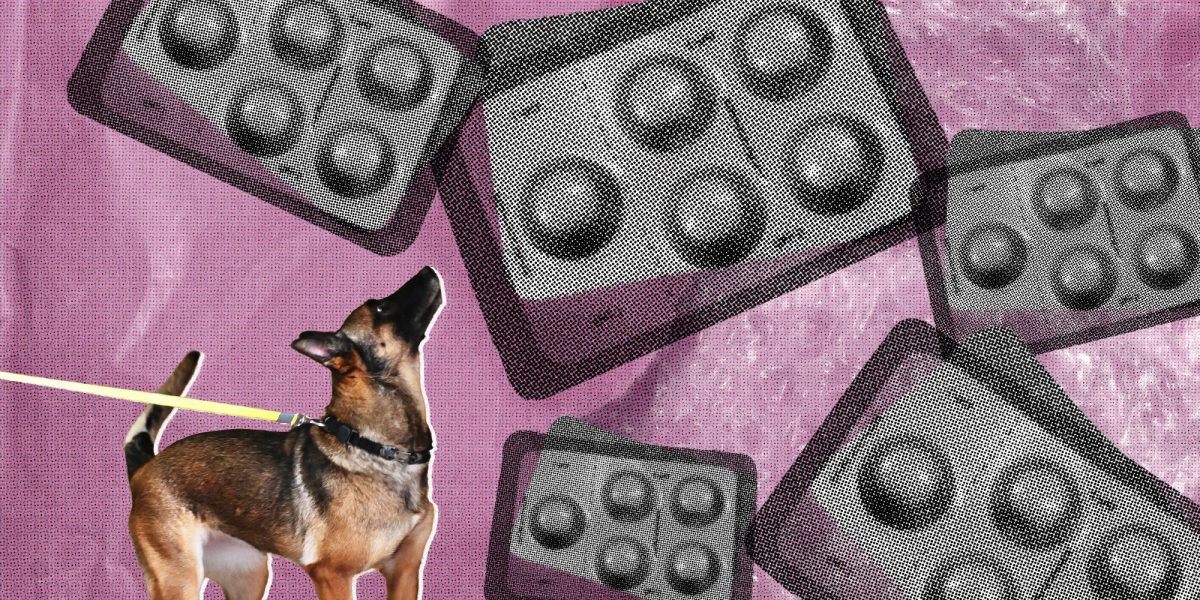

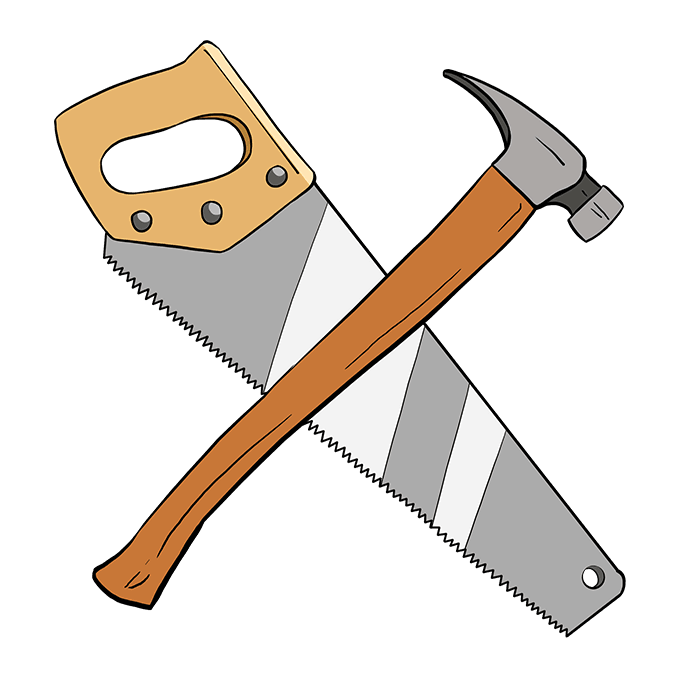
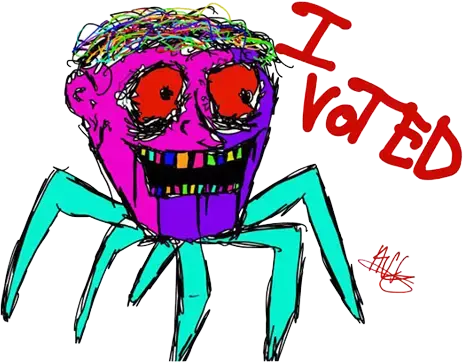

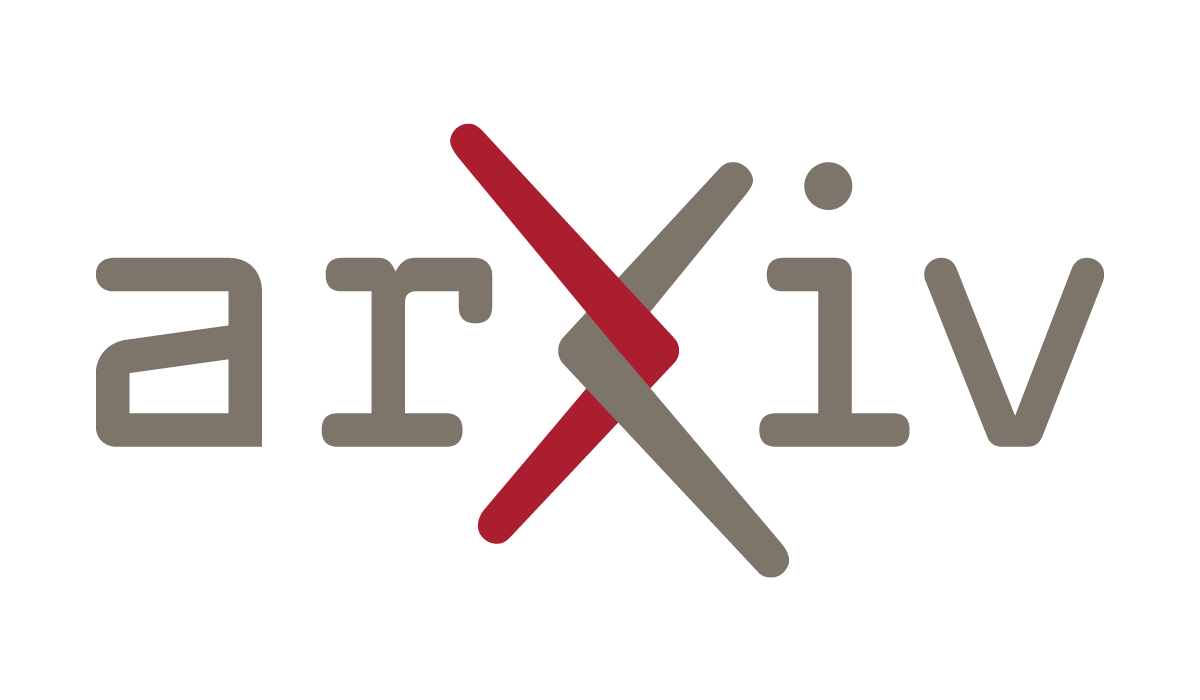
Boy I love that there are millions of people like this who are allowed to pilot huge death machines!